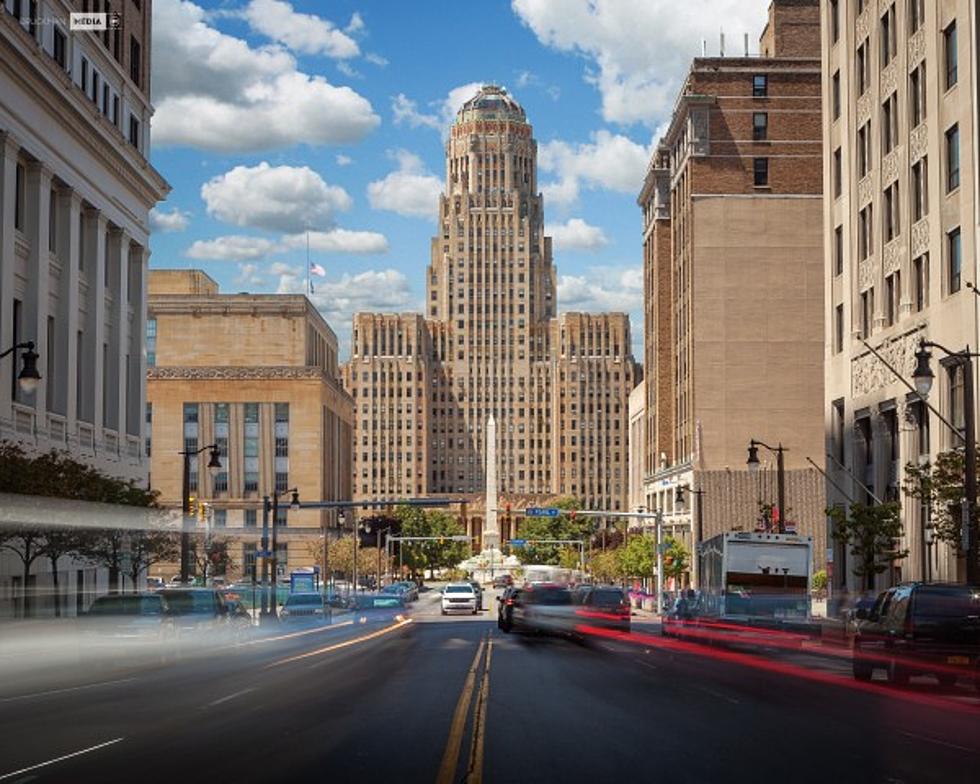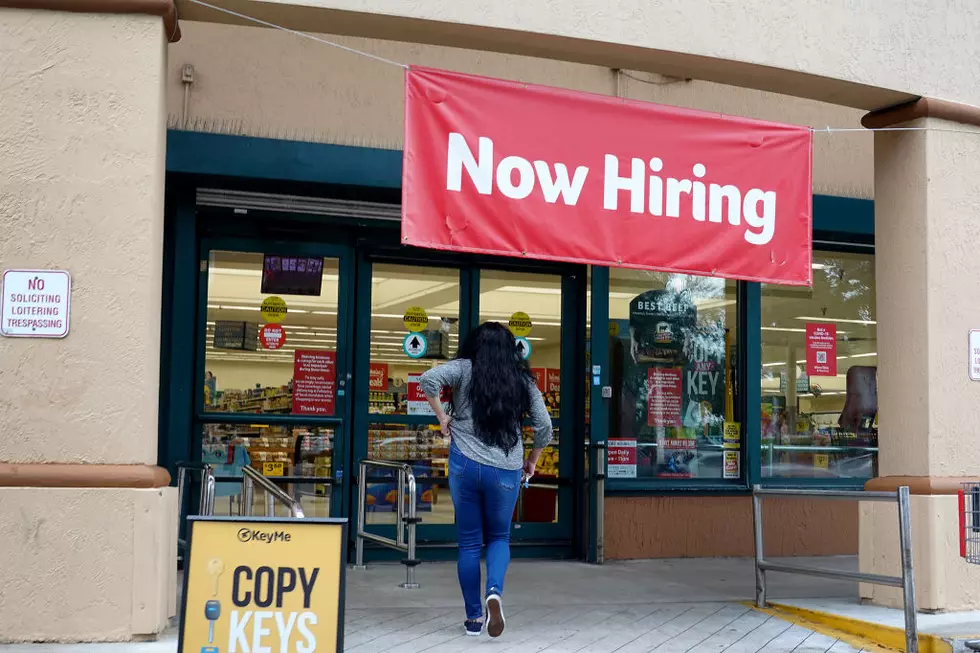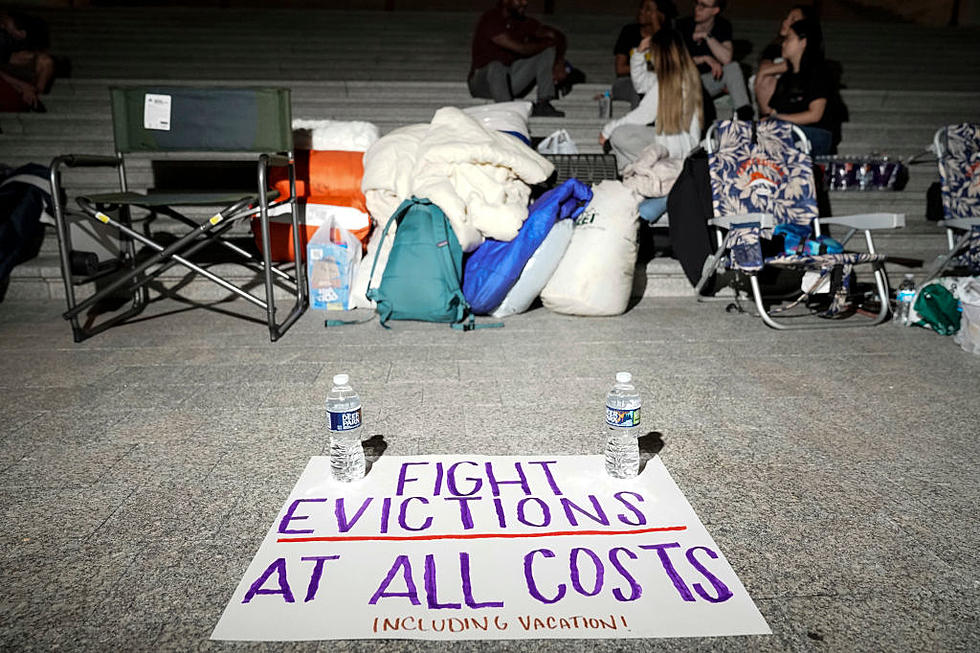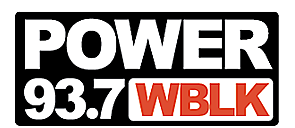![If You Had a $400 Emergency Expense, How Would You Pay For It? [Poll]](https://townsquare.media/site/705/files/2015/04/107158501.jpg?w=980&q=75)
If You Had a $400 Emergency Expense, How Would You Pay For It? [Poll]
I have a financial question for our Talk At 2 today, since it’s Money Making Monday, I want to know:
If you had an emergency and you needed $400, where would you get the money from?
Every year the Federal Reserve Board releases its Survey of Household Economics and Decisionmaking (SHED Report) which tracks and evaluates the financial wellbeing of American Households and identifies potential risks to the financial stability of those households.
Something that really stuck out to me is the section of the report where it talks about how Americans deal with Unexpected Expenses. The report shows that, even though the finances of the average american has improved since 2013, almost 4 in 10 adults in the US are not very well prepared to handle a relatively small financial emergency.
Relatively small, unexpected expenses, such as a car repair or replacing a broken appliance, can be a hardship for many families without adequate savings. When faced with a hypothetical expense of $400, 61 percent of adults in 2018 say they would cover it, using cash, savings, or a credit card paid off at the next statement (referred to, altogether, as "cash or its equivalent")
Among the remaining 4 in 10 adults who would have more difficulty covering such an expense, the most common approaches include carrying a balance on credit cards and borrowing from friends or family. Twelve percent of adults would be unable to pay the expense by any means. Although so many incurring additional costs for a modest expense is disconcerting, it is possible that some would choose to borrow even if they had $400 available, preserving their cash as a buffer for other expenses...the survey results indicate that a number of people struggle to pay their actual bills. Even without an unexpected expense, 17 percent of adults expected to forgo payment on some of their bills in the month of the survey. Most frequently, this involves not paying, or making a partial payment on, a credit card bill. Four in 10 of those who are not able to pay all their bills (7 percent of all adults) say that their rent, mortgage, or utility bills will be left at least partially unpaid.
These facts really make me open my eyes to the state of our finances. I really encourage you to check out the full report, it gives a very good idea of how well we are doing financially in the country and hopefully can be used to help us make better financial decisions in the future.
One of the ways we can do this is by developing a Financial Emergency plan. The Federal Emergency Management Agency (FEMA) produces a pretty comphrehensive Financial First Aid Kit (EFFAK) plan that has some good advice. Also, there are quite a few local non-profit agencies that specialize in helping people get to a better financial position.
Since we’re coming up on 2020, let’s start the new decade on the right path to financial freedom.
More From 93.7 WBLK









